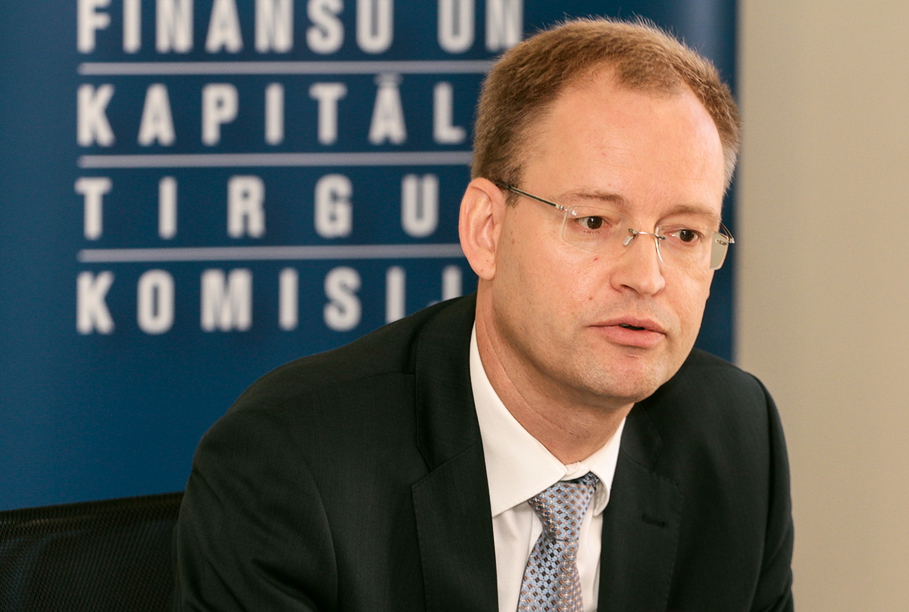In a statement released by FKTK, Zakulis acknowledged that his watch had become characterized by media allegations that ill-gotten gains from elsewhere were routinely being processed by Latvian banks, but maintained he had worked hard to improve the situation.
"During the four years I have been in office I have worked intensively with colleagues to achieve the same targets and goals... [however] since the chairmanship of FKTK is a position of trust, I believe that my resignation will reduce the suspicions, rumors and shadows of doubt cast over over FKTK. I never regarded this position as an end in itself," Zakulis said.
He did not reveal any future plans other than an intention to spend more time with his family.
Saeima will now have to add finding a new FKTK chairman to its pending workload - a task not made any easier by the protracted business of trying to form a new government.
On Sunday evening, a report by independent TV station TV3 claimed United States officials, dissatisfied with efforts to tackle money-laundering in numerous high profile cases, had demanded Zakulis' head.
Boutique banks catering to clients mainly from Russia, Ukraine and other countries of the former CIS have for years been a lucrative source of income and non-resident deposits account for half the money deposited in Latvian banks.
However, several of the boutique have periodically also trown up controversies in the form of links to high-profile graft cases including the notorious Magnitsky vase in Russia - alleged to have involved six Latvian banks - and more recently a billion-dollar fraud in Moldova that sent that country into turmoil which continues to this day.






























